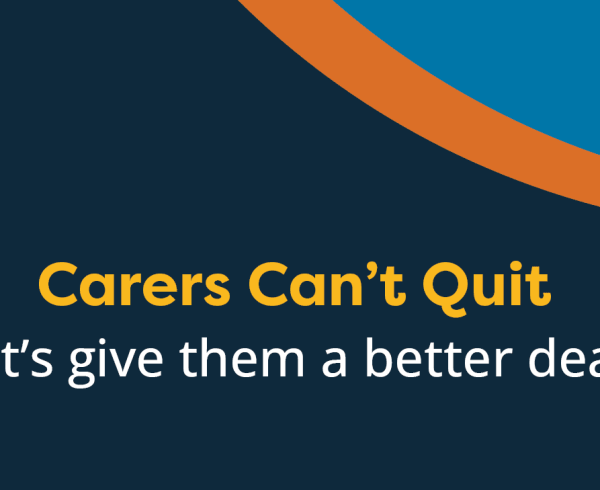Balancing the demands of caring for a loved one with personal and professional responsibilities can often feel like walking a tight rope. As a carer you may be providing essential support to your loved one, often sacrificing your own needs in the process. However, maintaining a healthy work-life balance is not just beneficial for your wellbeing as a carer, but it is also crucial for the quality of care you provide. Achieving this balance involves navigating challenges and finding a rhythm that allows for your own personal fulfillment, professional development, and space for your caring responsibilities. Carers WA has put together a few tips to help you in your balancing act.
1. Ask Your Employer About Flexible Working
Seeking flexible working arrangements can be a game-changer. Many employers now recognise the challenges faced by unpaid carers and may offer options like remote working, flexible hours, or part-time arrangements. Additionally, exploring government assistance programs or other financial support can help alleviate some of the economic pressures associated with the unpaid caring role.
2. Plan Time Off
Planning how you use your leave is crucial. If possible, try to plan your leave so that you have time away from your work and caring responsibilities. This might involve arranging for respite care, coordinating with other family members, or employing a temporary support worker. Well-planned vacation time will not only benefit your health and wellbeing but will also allow you to return to work and caring with renewed energy and a fresh perspective.
3. Set Boundaries
Without clearly defined boundaries, work can easily spill over into personal time, leading to stress, burnout, and reduced productivity. Establishing boundaries means clearly communicating your availability to coworkers and superiors, managing expectations regarding overtime and off-hours communication, and learning to say no to tasks that are beyond your capacity or not within your job scope. It also involves advocating for your right to breaks and personal time during the workday. Setting these boundaries will allow you to fully dedicate yourself to work during work hours while also ensuring you have the time and energy to fulfill your caring duties at home.
4. Use Your Carer’s Leave
Carer’s leave is an important provision that allows employees to take time off work to care for a family member or dependant who is ill, injured, or has disability. This leave recognises the vital role that unpaid carers play and ensures you have the necessary time and flexibility to fulfill your caring responsibilities without jeopardising your employment. Some workplaces provide paid carer’s leave, while in others it may be unpaid. Make sure you understand your rights and the policies of your workplace regarding carer’s leave, as it can provide crucial support to make the challenging task of balancing work and caring responsibilities more manageable.
Did you know that Carers WA we have a program dedicated to supporting carers who are looking to enter, or re-enter the workforce? Over 10 sessions carers learn to identify their hidden skills, write a resume and cover letter, search for jobs, interview well and more. We also have a program for employers looking to better support carers at in their workplace by becoming an accredited Carer Friendly Employer.
To find out more click here.












